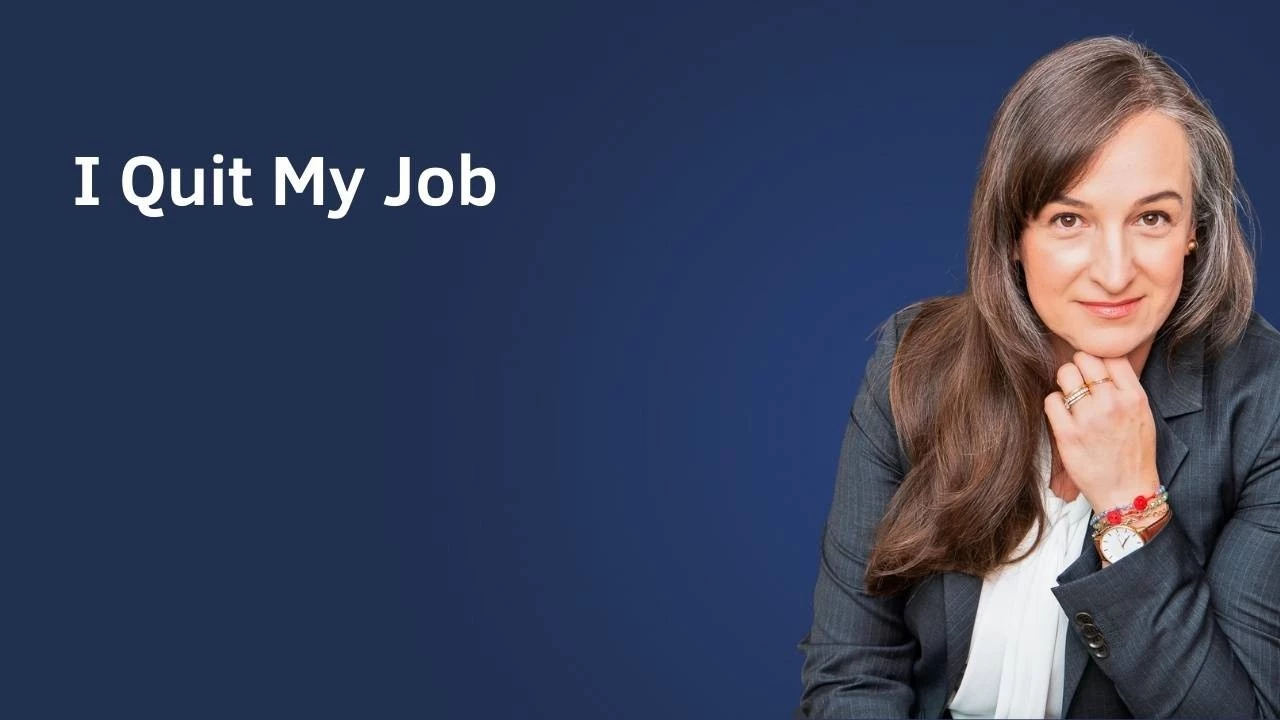Episode 110 - Three Reasons Why I Quit My Job

Quitting a job is a big decision, so I'm sharing the three reasons that allowed me to quit my corporate job and move into coaching. This episode was inspired by Elizabeth Gilbert’s concept of being pushed or pushing yourself. When I left my corporate job, I was pushed by being made redundant, and if I hadn't been pushed, I might not have pushed myself back then. Now I push myself.
Here are the three reasons I felt ready to quit my corporate career:
1. Risk management analysis showed I could afford to take a risk
When I was thinking about no longer looking for another job, I started with a risk management analysis. This showed me that I could afford to take this risk. Generally, I live a somewhat frugal lifestyle. We had savings, and I was 47 at the time. I was also married, and my partner was employed, and we had the benefit of having a dual income. This meant I knew I could take the risk with my basic needs met.
2. I knew that ownership was more important to me than income generation
I get excited about the business being mine. That was the biggest factor. I wasn't expecting it to be a profitable business off the bat, but I wanted the ability to call the shots and make the decisions in my business.
3. I don’t care what others think
This is the final reason and possibly the hardest one. I don’t compare myself with others, so I was able to make this decision. I wasn't worried if people said it may not have been a smart choice. What others think of me doesn’t matter to me, and I didn't care if I made a lot of money. What I care a lot about is getting my clients into better jobs - and I found a way to make a living out of my gift.
Resources mentioned in this episode
Transcript of this episode
About the Host
Hello, I’m Renata Bernarde, the Host of The Job Hunting Podcast. I’m also an executive coach, job hunting expert, and career strategist. I teach professionals (corporate, non-profit, and public) the steps and frameworks to help them find great jobs, change, and advance their careers with confidence and less stress.
If you are an ambitious professional who is keen to develop a robust career plan, if you are looking to find your next job or promotion, or if you want to keep a finger on the pulse of the job market so that when you are ready, and an opportunity arises, you can hit the ground running, then this podcast is for you.
In addition to The Job Hunting Podcast, on my website, I have developed a range of courses and services for professionals in career or job transition. And, of course, I also coach private clients.
Contact Renata Bernarde
I’m determined to help you! I want you to feel empowered, nail your next job, and have the career you want.
My free resources for job hunters: The Optimized Job Search: Weekly Schedule & Masterclass.
Learn more about my services, courses, and group coaching: RenataBernarde.com
